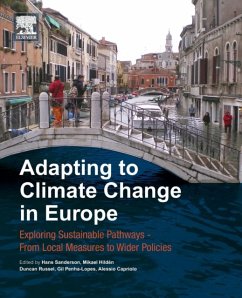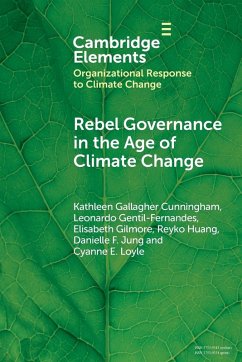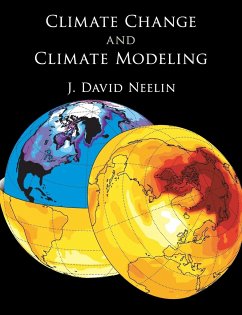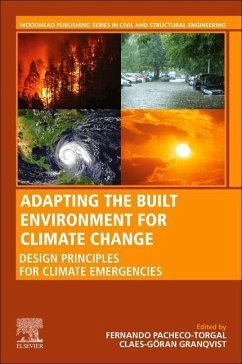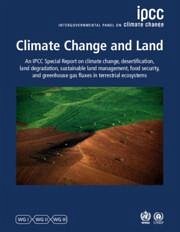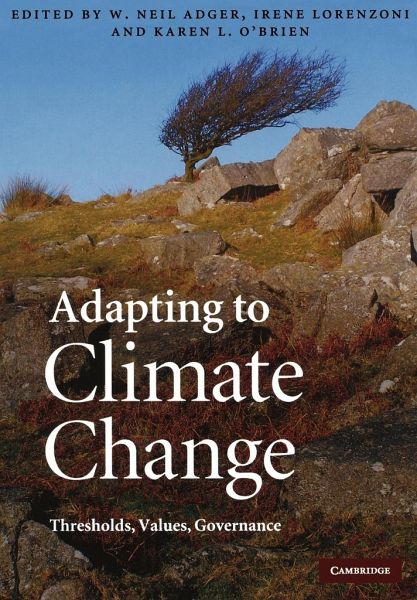
Adapting to Climate Change
Thresholds, Values, Governance
Herausgeber: Adger, W. Neil; O'Brien, Karen L.; Lorenzoni, Irene
Versandkostenfrei!
Versandfertig in 1-2 Wochen
81,99 €
inkl. MwSt.

PAYBACK Punkte
41 °P sammeln!
This book presents top research on the critical issue of whether the world can adapt to climate change. Examining how humans and ecosystems respond to new and unpredictable climates, and the role played by culture and governance in this, it is essential reading for researchers, policymakers, practitioners, and graduates.





